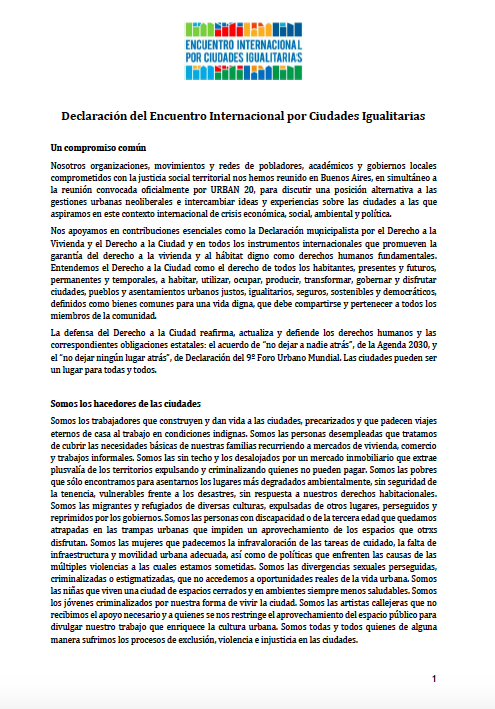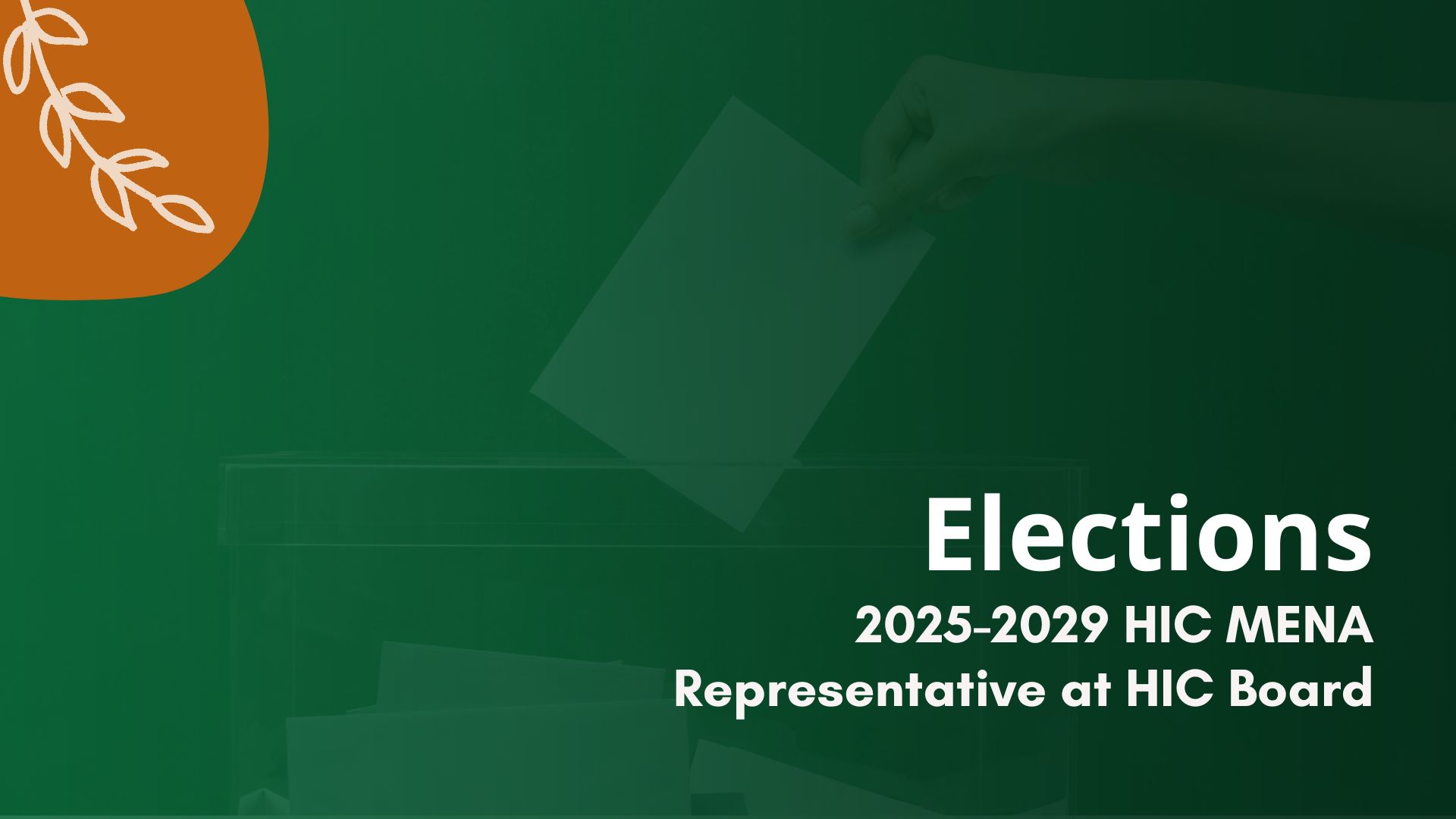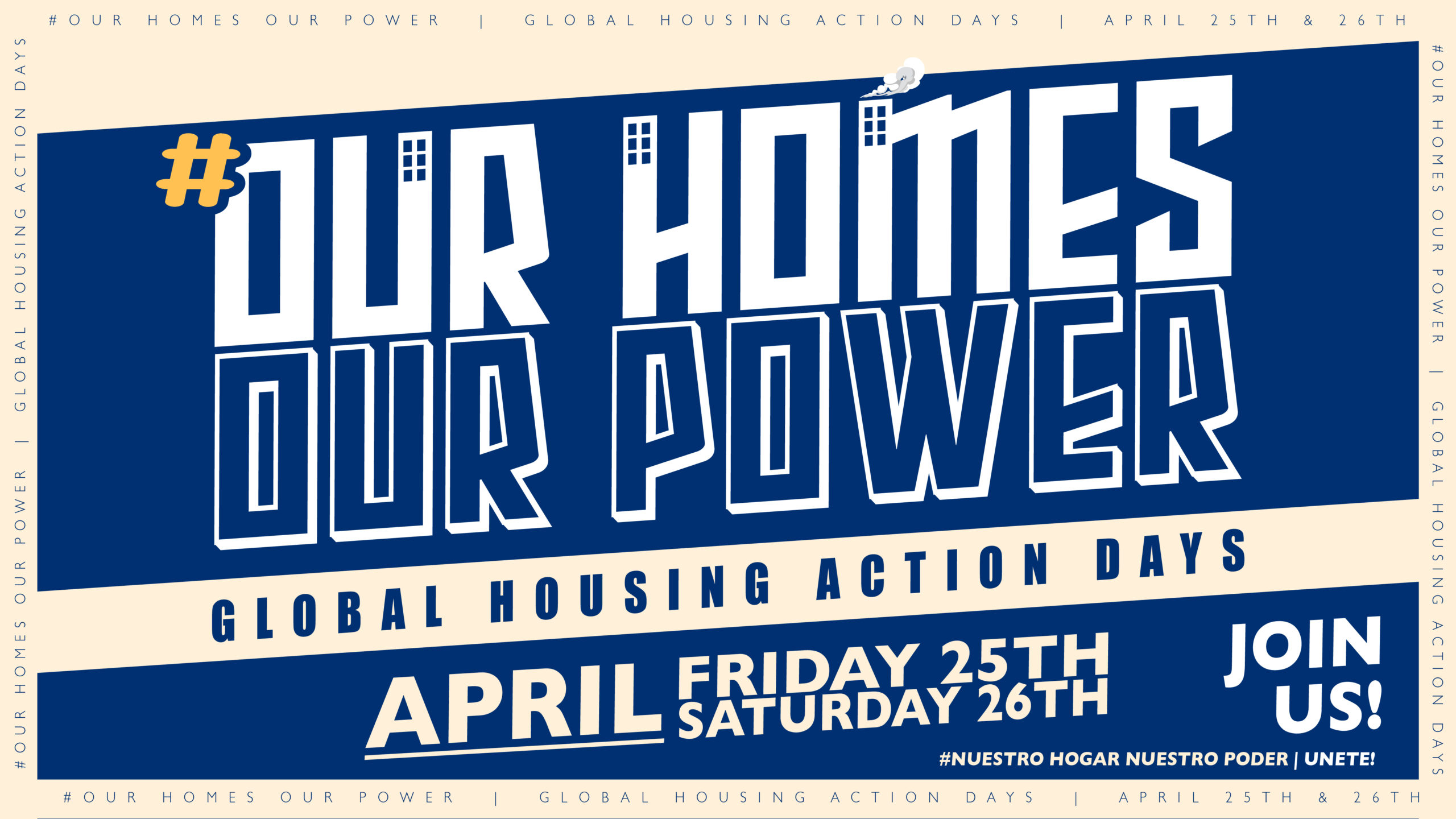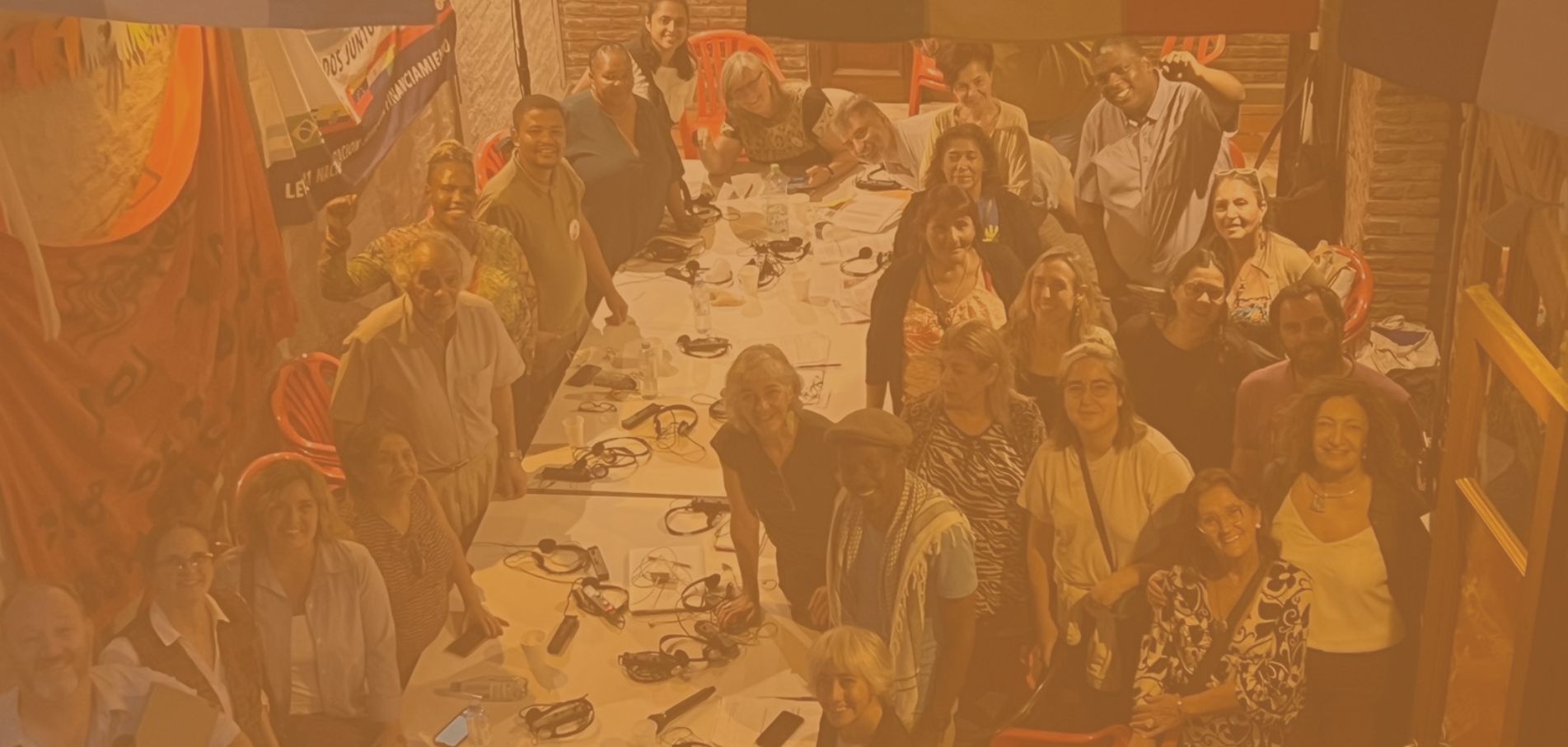Narrative:
Senegal, like many developping countries is under pressure from the the urban squatter settlement problem. In order to deal with such uncontrolled urbanization which represents almost 25% of Senegal’s urban areas and meet the strong demand for decent housing, the government has engaged in three series of actions among which is the upgrading housing programme.
This programme which started in 1987 Dalifort (Pilot Project), was designed and implemented with technical and financial support from the German Technical Cooperation (Deutsche Gesellschaft fur Technische Zusammenarbeit – GTZ) in 1987. It relies on the involvement (financial and physical) of squatters’ population in the improvement process of their living conditions.
The programme’s expected result is to achieve adequate shelter through an enabling approach to shelter improvement which is environmentally sound, i.e actively promote the legalization and upgrading of settlements.
The programme can be defined by four stages:
1. The pilot project (1987-1990)
Following the social and economic hardships created by the large-scale slum clearences in 1985, the Senegalese government decided, with the assistance of the German Technical Cooperation, to experiment a new approach to uncontrolled settlements based on keeping people where they already were and having them take part in the improvement of their living environment.
The settlement chosen in which to implement the pilot project was “Dalifort”, a squatter of about 7,000 inhabitants, located between Dakar and Pikine and composed of wooden shacks.
The strategy developed during that experiment was based on a permanent dialogue between the administrative authorities and the populations, as well as on their participation in all stages of the improvement process (planning, implementation, financing and management).
In parallel to the physical upgrading of the area (streets, water, electricity, sanitation and facilities), this approach insists on ensuring land security to people who had been duely made census of. This condition being a key motivation for the populations, since it made it possible for householders to make their situation legal.
Given the encouraging results of the Dalifort operation, the Senegalese authorities set out to widen the scope of this approach and, with the June Presidential Decrees, established a new policy of upgrading and legalization of uncontrolled settlements (political will).
2. Enlargement of the scope of the approach (1991-1992)
Within the framework of this new policy, the programme’s scope of intervention changed from one settlement of 7,000 inhabitants to 9 settlements of 100,000 inhabitants who had all expressed their wish to an upgrading and land legalization programme.
These settlements were selected according to their specific features, since the aim was to implement and adapt the Dalifort experiment in rather different contexts, both from the point of view of land and construction.
Taking into account the experience drawn from the pilot project, a definite but adaptable programme of action was designed on the basis of the intervention strategy.
As to financial replicability, a Presidential Decree has created a revolving fund which is fed by the population’s financial contribution, the government, city councils and international donor agencies.
3. Strenghtening the means and instruments (1993-1995)
While the programme is being implemented in the field, the aim of this stage is to strenghten the administrative’s means and to set up technical as well as legal and financial instruments.
Thus the purpose is to sustain efforts to simplify land legalization procedures and gradually set up a financial framework (FORREF).
At the institutional level, the creation of an active dialogue between all concerned actors (Ministries, city councils, decentralized government agencies, NGOs) has been set up.
4. An autonomous operator (1996-1998)
In order to consolidate the benefits reaped in that programme, to ensure its sustainability, and to meet the growing demand of the government and the population for settlement upgrading, the initial project unit should be adapted, its management and follow-up capacities reinforced, together with its autonomous status as the coordinator of various partners, both public and private.
With these new conditions, it has become necessary to think over the creation of an operator, which, while separate from the administrative authorities, would still keep its public and social missions. It would thus act as an active interface for the populations as well as the national institutions and foreign partners.
Consequently, its autonomous status would clarify and simplify coordination and dialogue between the ministries involved, the concessionary compagnies and others partners like NGOs.
With foreign financing structures, it would serve as a technically relay-structure with clearly defined rules.
And to support the decentralization process, it can act as a counsel-structure in order to reinforce the actions of local organizations in the field of urban planning.
The programme has 5 main goals:
1. Land tenure security
As it can guarantee access to a legal situation for illegal settlers, and thus access to security, land legalization become the mainspring of popular participation in the improvement of their environment.
The growth of precarious housing is not always due to poverty but also to a feeling of insecurity; consequently, access to land ownership encourages the owners to invest in their houses.
The beneficiaries of this land security policy are identified at the beginning of the operation by means of a census and a public verification of all the people eligible to it. The principle being: one plot of land for one householder. At the end of the procedure, a genuine title deed is given.
2. People’s participation
The squatter’s population or their representative take actively part in all stages of their living conditions improvement process: decision-making, implementation, financing and facilities management.
Once they have organized themselves as a “Groupement d’Interet Economique – GIE” (Economic Interest Group), the population define their priority needs. All decision are taken in common with due concern with their financial means.
As these various stages are gone through with the field workers of the project, there is more clarity which, in turn incites people and the administration to develop confidence in each other. At the squatter level, the principle of solidarity must be a prerequisite.The improvement cost is equally and fairly alloted to all.
Although participation in the implementation is possible in some sites, especially in the task of clearing public roads, the experience has shown that all civil engineering works must be left to professionals.
3. Cost recovery and financial replicability
Project’s beneficiaries are expected to pay for their plots. Cost recovery is intended to ensure the financial replicability of the upgrading operation.
After its creation, the grouping (GIE) opens a bank account and collect its members shares and savings. Plots prices are estimated including participation in the infrastructure cost, land value, tax costs and registration fees.
Although each householder has to sign a deed of engagement, financial participation remains a considerable risk. But it is atoned by a permanent discussion with the population to make them aware of their benefits, a thorough follow-up and the setting up of “soft” and gradual payment facilities like shares, shavings, preferential lending rates.
4. Infrastructures: minimal intervention
An upgrading project for uncontrolled settlements cannot solve alone all problems related to people’s living conditions. This is a process and a challenge to many generations.
Considering the population financial implication, the project’s intervention target priorities and try to be limited in scope and time.
To respect to these criteria implies adapted planning to existing structures. If necessary, such planning must be done without respect of prevailing urban norms and standards.
5. Environment and management of the surrounding
Although the programme focuses on land legalization and upgrading, as far as the improvement of people’s surrounding is concerned, the programme cannot overlook all problems linked to the economic and physical environment.
Actions in that field (garbage collection and compost-making, public conveniences management, nutrition education programme follow-up, self-managed credit fund…) belong to one aspect of the project.
Sustainability:
The strategy developed during the pilot project was based on a permanent dialogue between the administrative authorities (the project) and the populations, as well as on their participation in all levels of the improvement process of their environment (decision-making, planning, implementation, financing and management).
- Besides physical upgrading actions for water supply, electricity, sanitation and social facilities, the project has provided land title to better-off people.
- The Senegalese authorities have widen the scope of the approach in establishing a new policy of upgrading and legalization of uncontolled settlements.
- Taking into account the experience drawn from the pilot project, a define but adaptable programme of action has been designed on the basis of the intervention strategy.
- As to financial replicability, a revolving fund has been created. It is fed by the population’s financial contributions, the government, city councils and internationalo donor agencies.
- The government is working out on strenghtening the administrative means and setting up technical as well as legal and financial instruments.
- At the institutional level, the creation of an active dialogue between all concerned actors (Ministries, city councils, decentralized government agencies, NGOs) has been set up.
Started: 10/87 – Completed: 12/98




